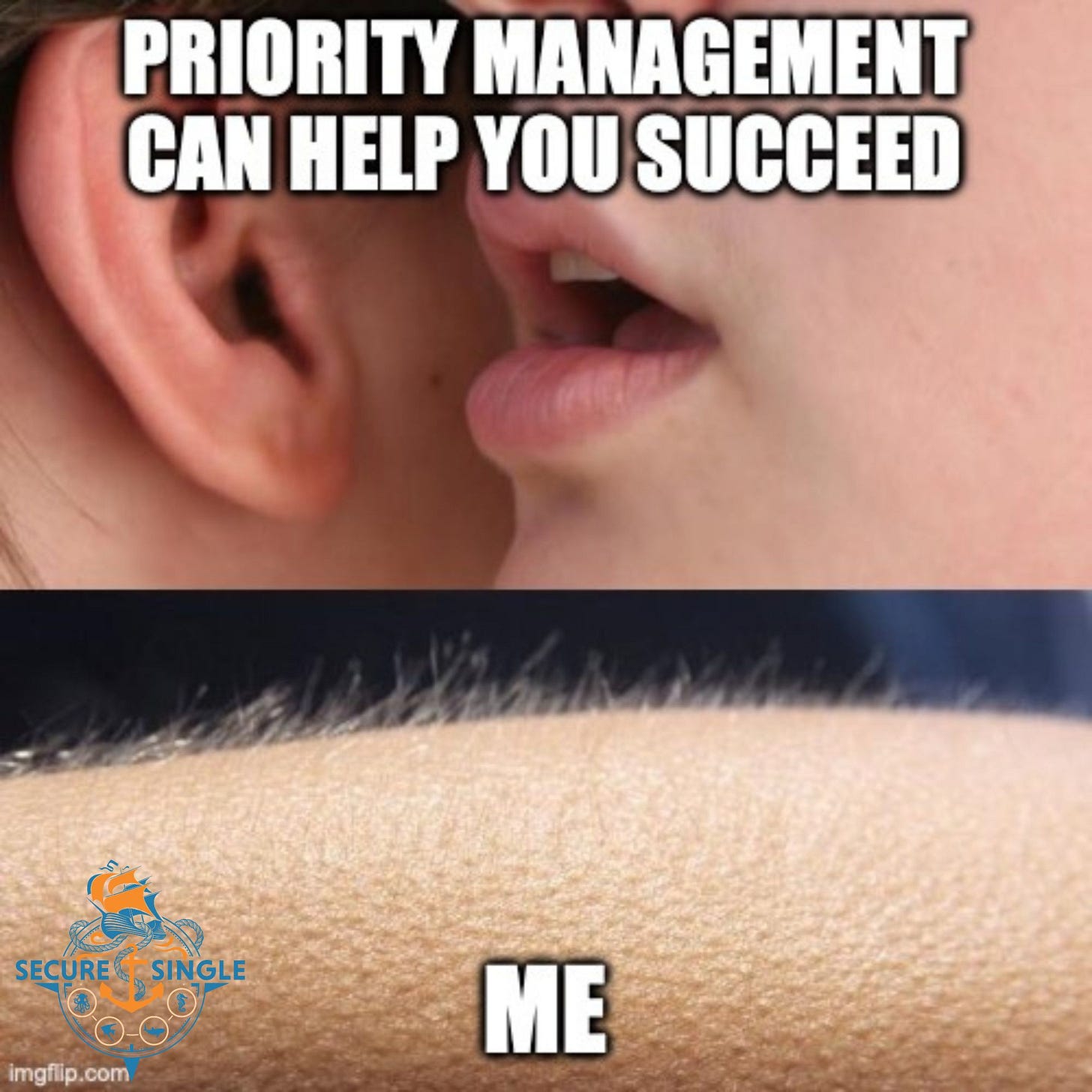The Hidden Cost Of Perfectionism
Perfectionism is problematic. It can negatively affect your mental and physical health. Most people often view perfectionism as being good, not bad.
The hidden cost of perfectionism is that you never finish a project.
This is because it is never perfect. Perfectionism is not a virtue. Yet many people believe that everything must be perfect. The reality is that nothing will ever be genuinely perfect because you can always find ways to improve anything. It is better to be pragmatic. Make something as good as possible by doing your best, but never aim for perfection.
Where Do People Learn Perfectionism?
People may learn it from many places, but the higher education system is a prime area where it is taught. Students study to do well on a quiz or test. There is added pressure from society that if they do not do well in college, then they are told they will not be able to get a good job.
People then become overly stressed about everything having to be perfect. This means that you are harming your mental and physical health by wanting to be a perfectionist.
Working A 9-5
Perfectionism is later often stressed when you work a 9-5. Your employer will want things to be impeccable. This will likely be the case no matter what your job may be. The pressure to make everything superb will increase as you move up in your field and are paid more.
When I lived in Seattle, Washington, I worked full-time as a night stocker (before my hours were cut). My managers were very particular that everything was adequately prepared to look nice for customers once everything was stocked. It did not matter that once customers entered the store, all of the time spent making the products look nice by being aligned on the shelf was immediately defaced. Everything had to look nice for the customer. As an employee, you have to do as you are told.
When you learn that everything must also be perfect at work, no matter what type of work you may do, it can carry over to your personal life.
Personal Life
Perfectionism can affect your personal life. You may think that everything needs to be perfect. You may always try to keep where you live spotlessly, only to become immediately messy once you cook or walk through your house.
You want to make everything clean rather than working on the things you must finish. Your desk. Your bathroom. Your closet. Your garage. Everything must be perfectly organized and without blemish.
Rather than aiming to have everything looking immaculate, you can learn to compromise by having things look nice enough. This will help to improve your productivity so that you can better use your time to focus on the things that will enhance your life.
How Perfectionism Affects Your Health
Perfectionism negatively affects your health. A critical study by Thomas Curran and Andrew P. Hill found that perfectionism can cause mental health problems such as suicide ideation, depression, and anxiety. This is not surprising because you stress yourself out when trying to be perfect, which is impossible. When stressed and tired, you are more likely to suffer from depression, anxiety and may even contemplate suicide.
Perfectionism can also harm your health. A study found that perfectionism can lead to early death for people with diabetes. Professor Flett writes, “[A] link between perfectionism and serious illness is not surprising given that unrelenting perfectionism can be a recipe for chronic stress.”
The bottom line is that perfectionism is unhealthy and can negatively affect mental and physical health.
The Hidden Cost Of Perfectionism
Time
Attention
Energy
Resources
The hidden cost of perfectionism is that you are spending your valuable time, attention, energy, and resources trying to make something perfect. You spend a lot of your time wanting to make something perfect when it could
Solutions
Be pragmatic.
Recognize that nothing will ever be perfect.
Give yourself deadlines to finish something.
Three solutions to stop being a perfectionist are to learn to be pragmatic, recognize that nothing will ever be perfect, and start to give yourself deadlines. Pragmatism is the opposite of idealism.
Regarding perfectionism, you want to make an idealized version of a project into reality. That can never happen because, as humans, we have limitations that prevent us from bringing the idea of something into the real world.
You can begin to recognize that nothing you make will ever be perfect. You may go back and find a mistake. New technology will likely have bugs or other things that need to be fixed with updates. This is why computers and phones continue to have new versions released. The latest rendition is slightly better than the last version but still needs improvement.
Set deadlines to give yourself help you to control your time and attention better. When you have a deadline, you know that you must finish the project you are working on by that time. This will help you to manage your priorities. Priority management can help you determine what you need to focus on and what is not a priority.
Pragmatism is not evil, despite its bad reputation for some reason. Being pragmatic means finding practical solutions to problems.
Secure Single’s Algorithm recommends:
Why It Is Important To Be Pragmatic
Merriam-Webster’s Dictionary defines idealism as “the practice of forming ideals or living under their influence,” “something that is idealized,” and “a theory that ultimate reality lies in a realm transcending phenomena” or can be found through reason and consciousness.
Summary
Perfectionism is often viewed as a good thing, and the reality could not be farther from the truth. Perfectionism prevents you from completing tasks, finishing projects, and reaching your goals. It is critical to learn to be pragmatic. That will make things easier to finish and handle problems you encounter.
You will notice your life change for the better once you stop being a perfectionist.
Become a Secure Single.
If you enjoy this post, please smash that ♡ button to let us know and share this article.








